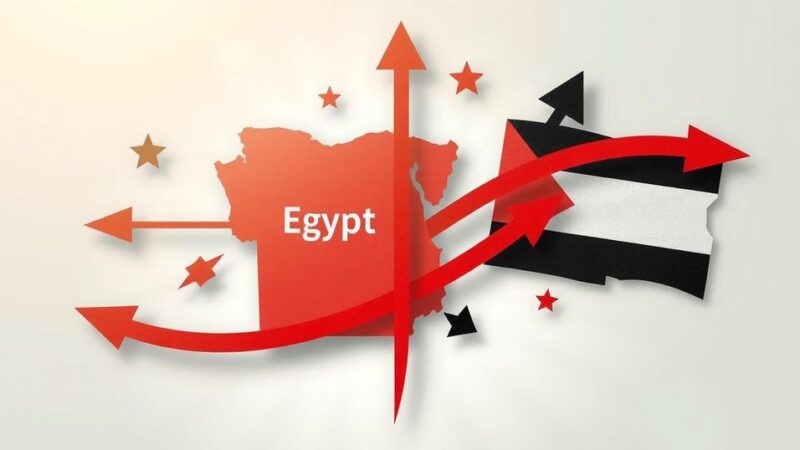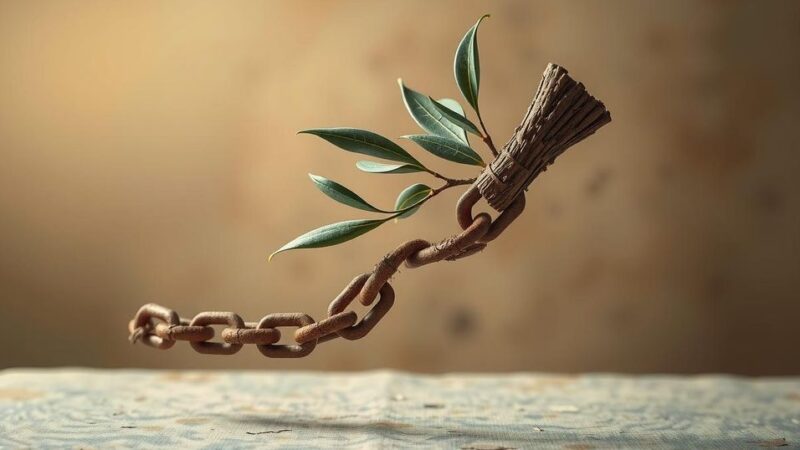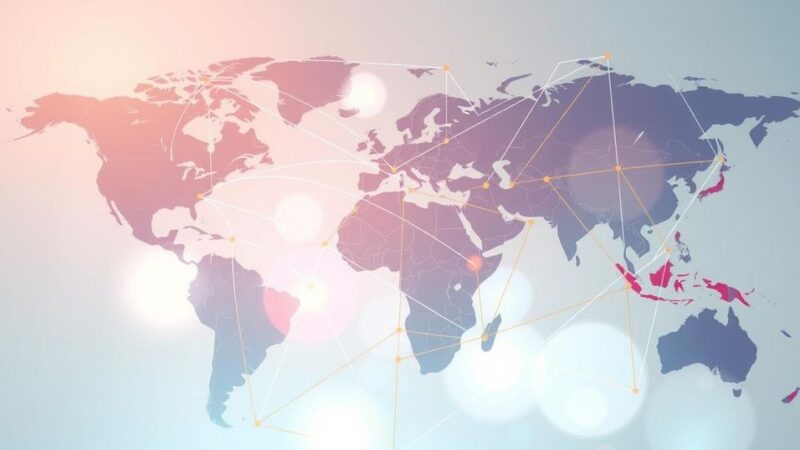A recent BBC report highlights the grave situation in Goma, DR Congo, where M23 rebels have gained control, leading to significant casualties and a humanitarian crisis. The article details the experiences of both hospital staff and residents, revealing widespread fear and disruptions to daily life. The ongoing conflict illustrates the deeper political issues and regional instability fueled by rebel actions and potential foreign involvement.
Upon arrival in the eastern city of Goma, Democratic Republic of Congo, the atmosphere seemed deceptively tranquil, with locals engaging in daily activities. However, that illusion shattered upon reaching a checkpoint manned by armed M23 rebels, who had recently seized control of the city from the Congolese government amidst violent confrontations.
The United Nations reports indicate that at least 700 individuals have died, with nearly 3,000 others injured during clashes involving the M23 rebels and the Congolese military. The M23, primarily composed of ethnic Tutsis, argues that they are defending minority rights, while the government accuses them of seeking to exploit eastern Congo’s abundant mineral resources.
Interviewing medical personnel at local hospitals painted a grim reality; for instance, Dr. Nathaniel Cirho was in bed recovering from a shrapnel injury sustained during an aerial bombardment near his home. An elderly woman described extracting a bullet embedded in her arm after being shot during crossfire and emphasized the insufficient medical assistance available despite being moved to a better facility.
As the conflict persists, hospitals are inundated with casualties from gunshot wounds and other injuries, prompting physicians to confirm that sexual violence is being weaponized. Despite the fading sounds of gunfire, Goma displays signs of unease and uncertainty, with most businesses struggling to reopen as residents remain fearful of potential escalations.
Many residents, including shop owner Sammy Matabishi, express anxiety about their precarious situation, observing that commerce is dwindling with fewer customers, compounded by interrupted supply chains. In contrast, rebels established control over significant areas of Goma, with visible military presence and abandoned Congolese military vehicles illustrating an alarming transformation of power.
Although the M23 claims full control, the Congolese authorities contest this declaration, asserting ongoing attempts to reclaim territory, while Rwanda, historically accused of supporting the rebels, now cites security concerns about border tensions. The M23’s continued advances raise alarming prospects for further instability in Goma and beyond, emphasizing the precarious balance of power in eastern Congo.
The article focuses on the recent upheaval in Goma, a key city in eastern DR Congo, following a swift takeover by the M23 rebel group. This insurgency has unleashed a humanitarian crisis, where everyday life is disrupted, and many lives are at stake due to conflict and inadequate medical facilities. It delves deeper into the rebel motivations, the staggering casualty figures, and the significant societal impact, highlighting the broader regional instability and historical context of conflict in this part of the DRC.
In summary, the situation in Goma epitomizes the ongoing turmoil in eastern DR Congo, characterized by violence, humanitarian crises, and a shifting power dynamic. The increased presence of M23 rebels raises urgent concerns about governance and public safety, while the Congolese government faces significant challenges in reclaiming authority. Ultimately, the fate of the region hangs in balance as tensions escalate between rival factions supported by neighboring countries.
Original Source: www.bbc.co.uk






